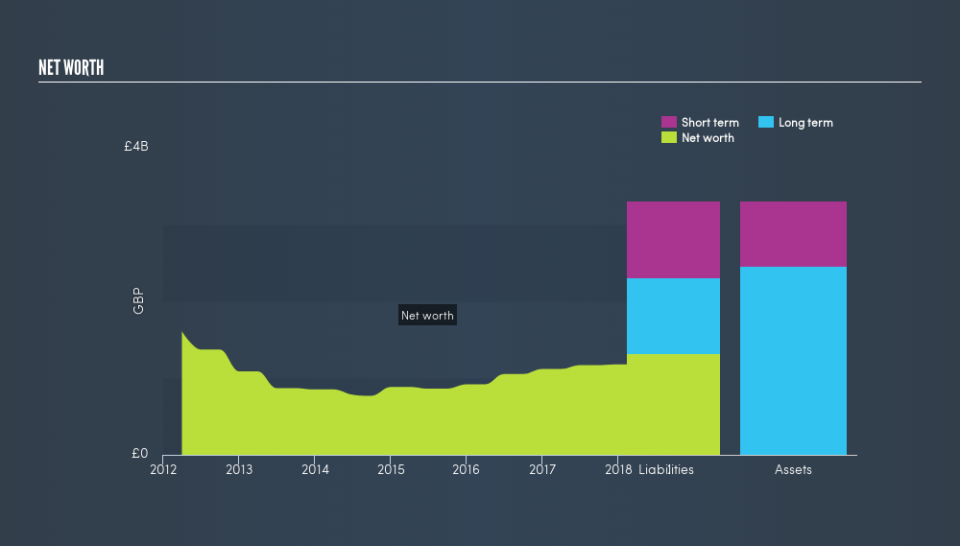Are The Sage Group plc (LON:SGE) Shareholders Getting A Good Deal?

The Sage Group plc (LON:SGE) shareholders, and potential investors, need to understand how much cash the business makes from its core operational activities, as well as how much is invested back into the business. What is left after investment, determines the value of the stock since this cash flow technically belongs to investors of the company. Today we will examine SGE’s ability to generate cash flows, as well as the level of capital expenditure it is expected to incur over the next couple of years, which will result in how much money goes to you.
Check out our latest analysis for Sage Group
What is Sage Group’s cash yield?
Sage Group generates cash through its day-to-day business, which needs to be reinvested into the company in order for it to continue operating. What remains after this expenditure, is known as its free cash flow, or FCF, for short.
There are two methods I will use to evaluate the quality of Sage Group’s FCF: firstly, I will measure its FCF yield relative to the market index yield; secondly, I will examine whether its operating cash flow will continue to grow into the future, which will give us a sense of sustainability.
Free Cash Flow = Operating Cash Flows – Net Capital Expenditure
Free Cash Flow Yield = Free Cash Flow / Enterprise Value
where Enterprise Value = Market Capitalisation + Net Debt
Sage Group’s yield of 4.34% indicates its sub-standard capacity to generate cash, compared to the stock market index as a whole, accounting for the size differential. This means investors are taking on more concentrated risk on Sage Group but are not being adequately rewarded for doing so.
Does Sage Group have a favourable cash flow trend?
Another important consideration is whether this return is likely to be maintained over the next couple of years. We can gauge this by looking at SGE’s expected operating cash flows. In the next couple of years, the company is expected to grow its cash from operations at a double-digit rate of 16%, ramping up from its current levels of UK£393m to UK£454m in three years’ time. Furthermore, breaking down growth into a year on year basis, SGE is able to increase its growth rate each year, from -4.3% in the upcoming year, to 6.5% by the end of the third year. The overall picture seems encouraging, should capital expenditure levels maintain at an appropriate level.
Next Steps:
Low free cash flow yield means you are not currently well-compensated for the risk you’re taking on by holding onto Sage Group relative to a well-diversified market index. However, the high growth in operating cash flow may change the tides in the future. Keep in mind that cash is only one aspect of investment analysis and there are other important fundamentals to assess. You should continue to research Sage Group to get a more holistic view of the company by looking at:
Valuation: What is SGE worth today? Is the stock undervalued, even when its growth outlook is factored into its intrinsic value? The intrinsic value infographic in our free research report helps visualize whether SGE is currently mispriced by the market.
Management Team: An experienced management team on the helm increases our confidence in the business – take a look at who sits on Sage Group’s board and the CEO’s back ground.
Other High-Performing Stocks: If you believe you should cushion your portfolio with something less risky, scroll through our free list of these great stocks here.
We aim to bring you long-term focused research analysis driven by fundamental data. Note that our analysis may not factor in the latest price-sensitive company announcements or qualitative material.
If you spot an error that warrants correction, please contact the editor at editorial-team@simplywallst.com. This article by Simply Wall St is general in nature. It does not constitute a recommendation to buy or sell any stock, and does not take account of your objectives, or your financial situation. Simply Wall St has no position in the stocks mentioned. Thank you for reading.

 Yahoo Finance
Yahoo Finance 
